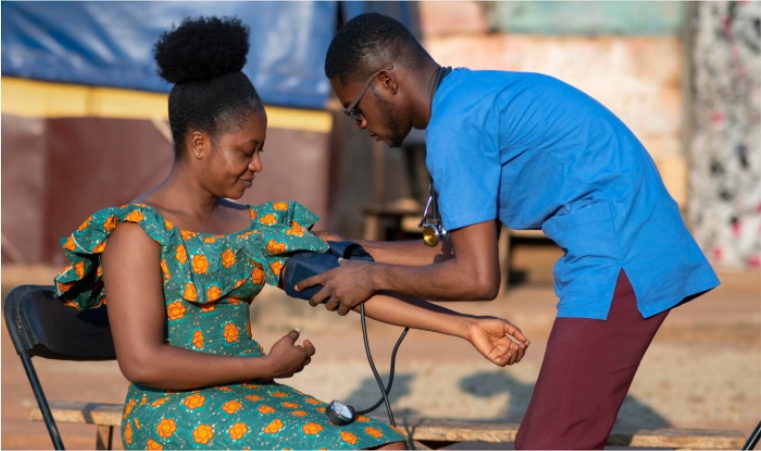The Role of Volunteers
in Strengthening Malaria Prevention

The Role of Volunteers in Strengthening Malaria Prevention
Volunteers play one of the most essential roles in the fight against malaria because they stand at the heart of community action, awareness, and early detection. While health systems, governments, and medical professionals form the backbone of national malaria strategies, it is volunteers who bring these strategies to life at the community level. Their presence, dedication, and local knowledge make malaria prevention more effective, more personal, and more sustainable.
The first major contribution of volunteers is their ability to reach households directly. Many communities, especially in rural or underserved areas, may not have easy access to clinics or may lack formal health education. Volunteers bridge this gap by visiting homes, sharing prevention tips, demonstrating proper bed net use, and explaining how to identify early symptoms. These simple actions save lives because early awareness leads to faster treatment and fewer severe cases.
Volunteers also support surveillance by helping community members report symptoms, environmental risks, and mosquito breeding sites. Through tools like the MalariaX App, volunteers can log these reports instantly, giving health officials real-time visibility into potential outbreaks. This rapid flow of information reduces delays that once allowed malaria to spread unnoticed. When volunteers assist in reporting, surveillance becomes more accurate and comprehensive because they understand the terrain and can reach areas where formal data collection teams may struggle.
Community mobilization is another powerful responsibility carried by volunteers. They help organize clean-up drives, drainage clearing, and awareness campaigns that address the environmental factors contributing to malaria transmission. These environmental actions are often more effective when led by trusted local volunteers who can rally neighbors, explain the purpose, and encourage consistent participation. When communities take ownership of their environment, the risk of malaria decreases significantly.
Volunteers also play a vital role in vaccination support and health promotion. They help families pre-register for vaccination, guide them to the correct centers, and share reminders about upcoming schedules. Their involvement increases turnout, reduces confusion, and ensures that no group is left behind. For many households, especially those with limited mobility or information, volunteers make the process easier and more accessible.
Trust is perhaps the most important reason volunteers are crucial to malaria prevention. Communities tend to respond better when information comes from familiar faces. Volunteers often speak the local language, understand cultural sensitivities, and have existing relationships within their neighborhoods. This trust allows them to counter misinformation, encourage behavior change, and reinforce messages that may otherwise be ignored.
Beyond direct prevention, volunteers strengthen accountability by relaying community feedback to programme managers. They help highlight challenges, report barriers, and suggest improvements from the community perspective. This creates a two-way communication flow that ensures malaria programs remain responsive and effective.
The fight against malaria cannot be won by health systems alone. It requires people who are passionate, dedicated, and connected to the communities they serve. Volunteers provide the human element that transforms strategies into action and creates long-lasting change. Their presence strengthens prevention, accelerates reporting, empowers households, and brings communities together toward the goal of a malaria-free Africa.


Add Your Comments